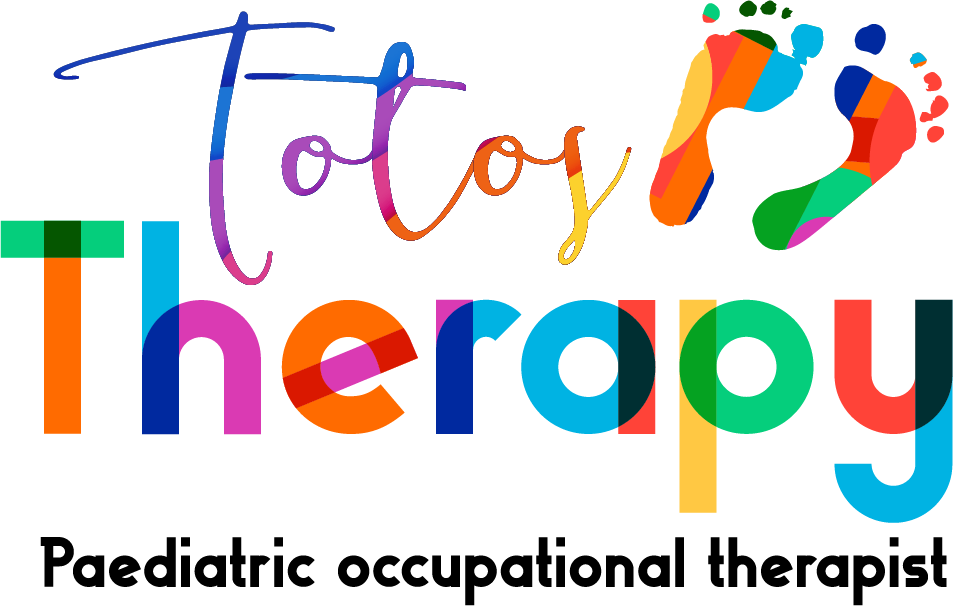I am Kenya born and bred. I had the most idyllic childhood growing up in Nairobi. Safaris were a regular with my family, and so my enthusiasm for adventure, travel and exploration stemmed from an early age. My interests have often revolved around people, cultures and caring for individuals, which I believe is a key catalyst for being an Occupational Therapist. My enthusiastic, bubbly personality, along with my thoughtful and caring characteristics were also a telling reason for leading me into the career I am now in.
After finishing my schooling, I completed my studies at Oxford Brookes University, where I obtained a Bachelors Degree in Occupational Therapy. Since graduating in 2013, I have built up valuable experience providing Occupational Therapy in hospitals, clinics, homes, mainstream and special educational need schools.
I have a vast range of experience of working with children and young people aged 1 to 19 who experience a wide range of difficulties, including: fine and gross motor difficulties, visual perceptual difficulties, handwriting difficulties, mild-moderate learning difficulties, sensory processing difficulties, Developmental Coordination Disorder (DCD), Developmental Delay, Autism Spectrum Disorders (ASD), Attention Deficit Hyperactivity Disorder (ADD/ADHD), Down syndrome, Cerebral Palsy, SMA, Muscular Dystrophy and other neurological conditions.
In 2020, I returned to Kenya with the ambition of starting my own Paediatric Occupational Therapy practice. This is named Totos (children) Therapy. I am hugely passionate about working with children and young people who experience any form of physical, intellectual and developmental difficulties.
From my varied experience, I have come to believe in the importance of integrating the techniques and skills of Occupational Therapy into everyday life. I aim to provide a service, which empowers parents and caregivers, as well as children, to succeed in their daily activities across home and school.




